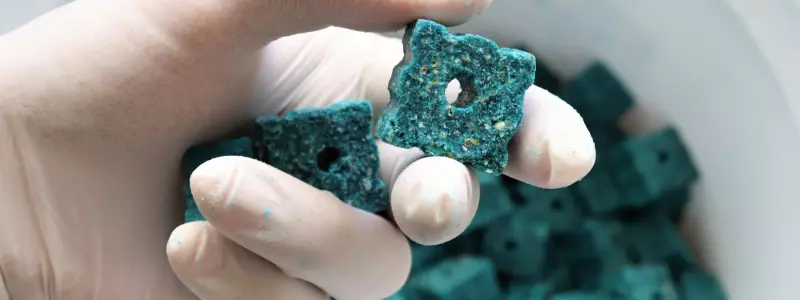There's no denying that rat poison is a hazardous material and should be disposed of correctly and with the environment's protection high on the priority list.
There are a variety of rat poisons openly available on the market that vary in strength, depending on the scale of your pest issue. The poisons include a range of toxic ingredients that can be harmful to both humans and the environment.
To get rid of the rat poison, you should contact your local council for advice. A dedicated team will be able to offer the best guidance and arrange a suitable time to collect the waste. You must separate the rat poison from your regular household waste which in turn will keep the toxic chemicals away from humans and the environment. You could even put the poison into a separate container which means it'll be safer for the council to collect and dispose of correctly. You should also research the rat poison's brand to see if there are any specific safety guidelines that should be followed when handling the poison. A skull and crossbones symbol will be present and should be treated with the utmost care.

Recycle Rat Poison
You may also be able to recycle the rat poison yourself - if you are advised to do so by the council. In this case, you should find the appropriate place to take the poison and ensure that you follow their guidelines on disposing of it safely. You should also ensure that the container is sealed tightly so that there's no spillages that could harm people or the environment.
Incineration may also be a suitable option for poison disposal. Some locations may allow this but you should always seek advice and guidance from the council or waste management company to ensure the least risk as possible.
Before disposing of the rat poison, you should always store the container in a safe place, away from pets and children. You should never pour the poison down the sink or drain as it will cause a serious hazard to the environment. To protect yourself, you should always wear protective gloves and suitable clothing when handling rat poison and dispose of these items accordingly when finished.
Disposing of rat poison safely is vital for the protection of humans and the environment. Always seek advice from professionals and follow the guidelines provided and if the infestation is severe, a specialised team may be best suited to deal with the issue.










